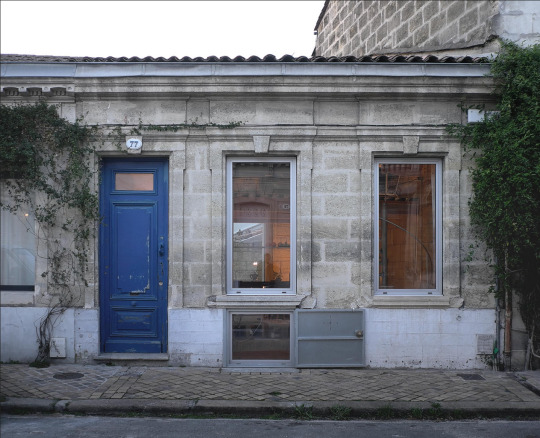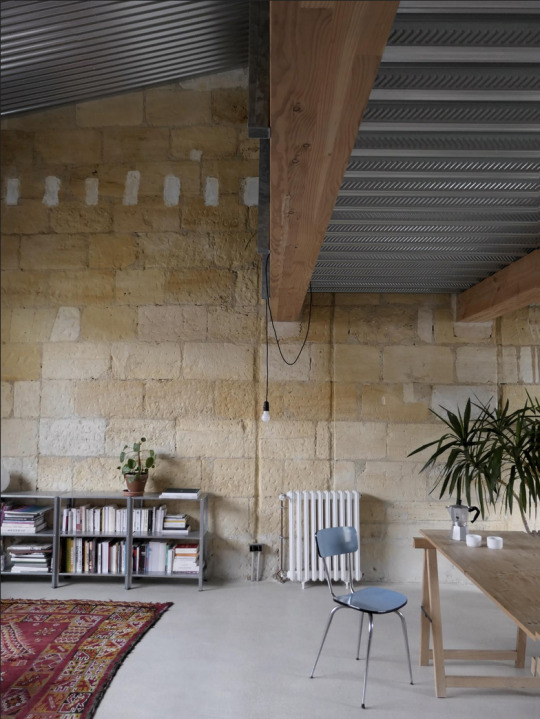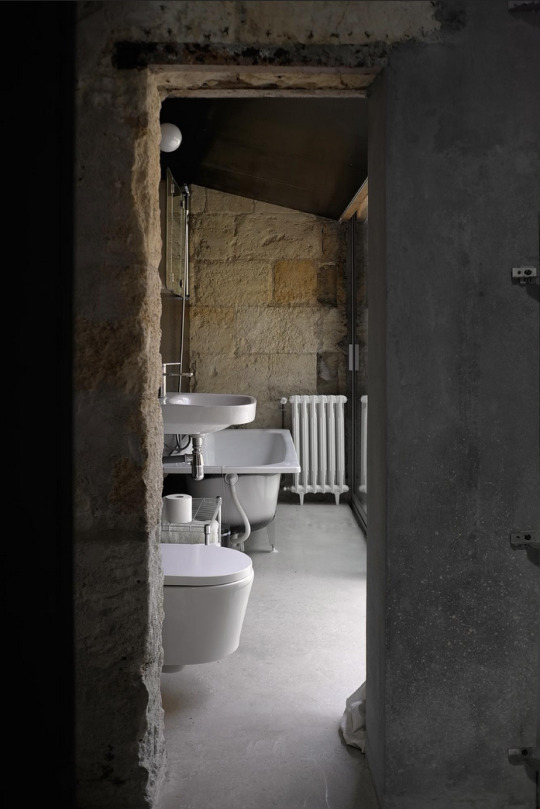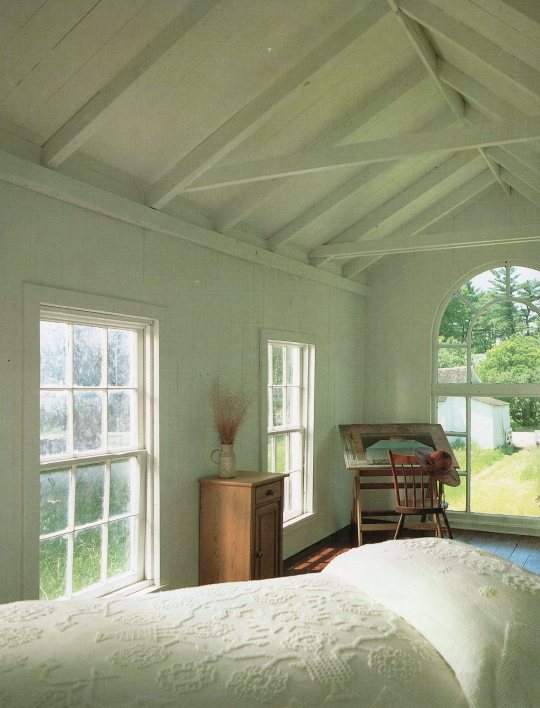Text






David Lynch's work spaces as shot by Kyle Hurley.
1K notes
·
View notes
Text

Mary Corse (American, 1945), Untitled (Black Arch Series), 1988. Glass microspheres and acrylic on canvas, 24 1⁄4 x 24 in.
68 notes
·
View notes
Text


Pierre Koening, Case Study House #22 (Stahl House) – Los Angeles, CA
Photo: Julius Shulman
221 notes
·
View notes
Text


Interiors of John Galliano's home in northern France. Photographed by François Halard for Vogue, November 2021.
187 notes
·
View notes
Text





Donovan Hill, D House, Brisbane, 2000
en.wikipedia.org/wiki/Donovan_Hill/
71 notes
·
View notes
Text
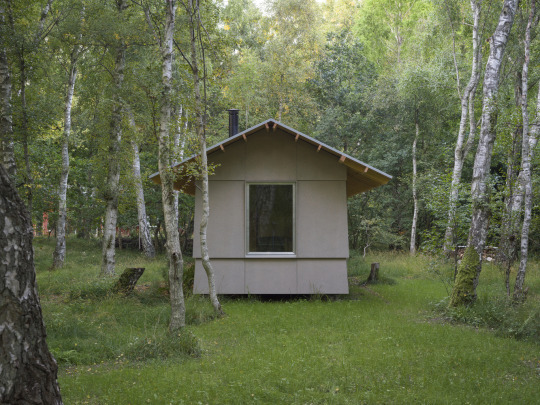


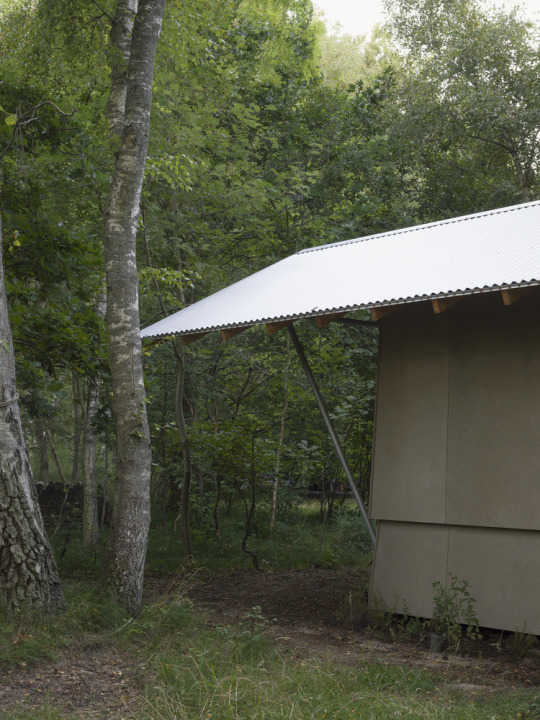
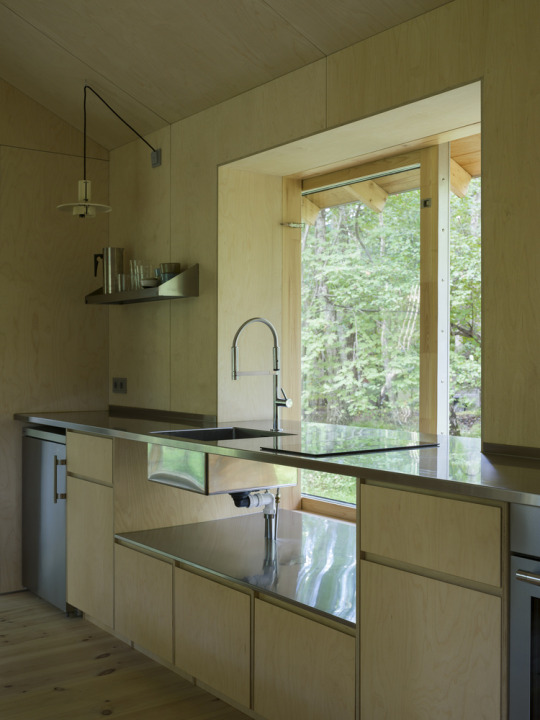
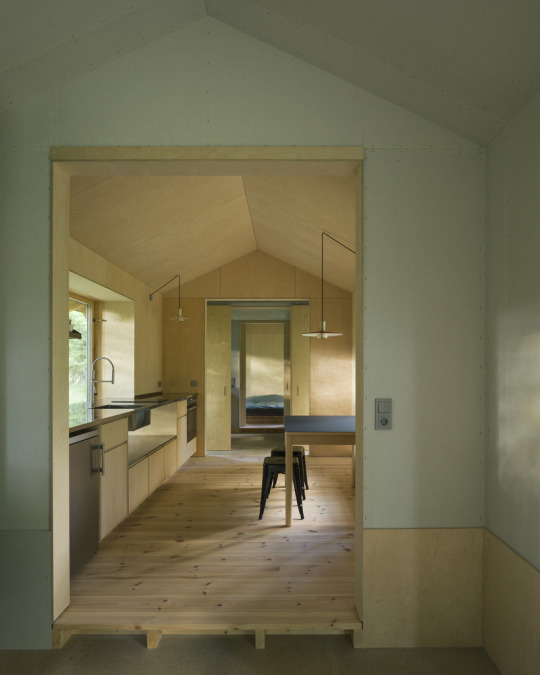

House between Birch, North Zealand, Denmark - Kim Lenschow
151 notes
·
View notes
Text

Peter Zumthor - Saint Benedict Chapel, Sumvitg 1988
168 notes
·
View notes
Text

echo cliffs, grand river canyon, william henry jackson c. 1900.
161 notes
·
View notes
Text







1255. Kiyoshi Kasai /// Wooden Box on a Terrace /// Higashikurume, Tokyo, Japan /// 1995
OfHouses presents: Japanese Fields OfHouses, part XXIII. (Photos: © Shinkenchiku-sha. Source: ‘Jutakutokushu’ 04/1996; Kasai Kiyoshi Architect & Associates Archive.) — This project will be published in our upcoming book: ’Japanese Fields | OfHouses.’
84 notes
·
View notes
Text







Sawmill Treehouse, Victoria, Australia - Robbie Walker
479 notes
·
View notes
Text



In 3807 BC, the Neolithic Britons of the Brue Valley came together to construct an elevated, single-plank walkway over a reed swamp. Stretching nearly two kilometres, it would have provided a vital link for communities on the Somerset Levels, and is the second-oldest timber trackway discovered in the British Isles.


The track was a walkway consisting mainly of planks of oak laid end-to-end, supported by crossed pegs of ash, oak, and lime, driven into the underlying peat; the length, straightness, and lack of forks or branches in the pegs suggest that they were taken from coppiced woodland—one that they appear to have been managing for at least 120 years.
The total timber used in the track’s construction weighed approximately 200,000 kilograms, yet estimates suggest just ten men could have assembled it in just one day. The track was operational for only about ten years before rising water levels likely submerged and rendered it unusable.
6K notes
·
View notes
